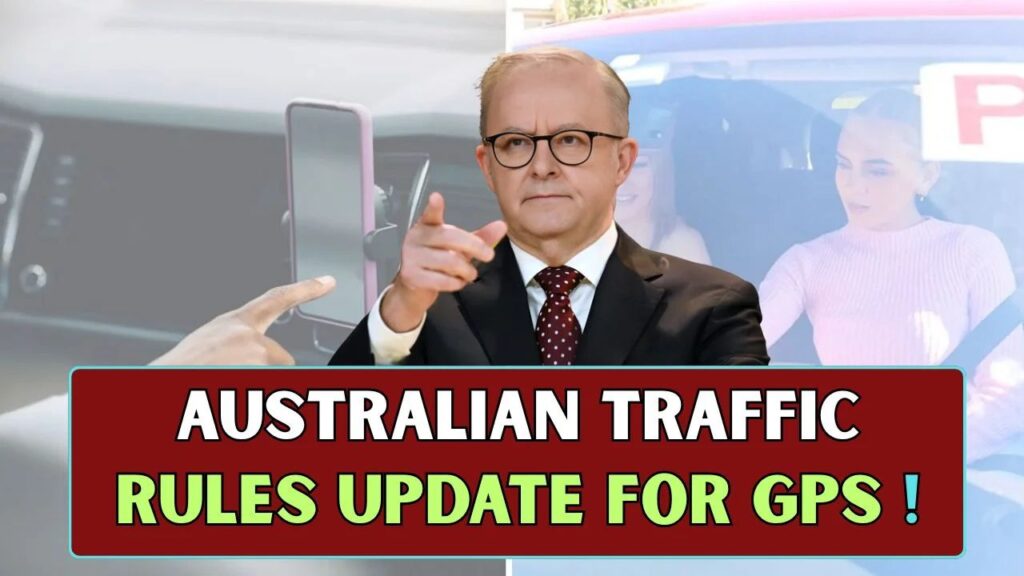Why the Law Changed Australia Bans Handheld GPS Use
Australia has tightened its traffic laws to curb road accidents linked to driver distraction. A key change requires motorists to use voice-activated GPS navigation only while driving. Anyone caught relying on visual GPS input instead of voice directions will face a $1103 fine, reflecting the government’s push for safer use of in-car technology.
What Triggered the Amendment
Authorities noted a rising number of road accidents connected to drivers glancing at their GPS or mobile displays. By mandating hands-free, voice guidance, the government aims to reduce those moments when drivers take their eyes off the road, thereby cutting down accident risks significantly.
How the Rule Works
Drivers are still allowed to use navigation apps or devices, but once their journey begins, voice assistance must be turned on. If officers observe that a driver is manually interacting with the GPS or continuously looking at the screen instead of listening to instructions, penalties apply. Alongside the fine, demerit points will be added to the driver’s license.
Effect on Road Users
While some motorists may take time to adapt, road safety experts predict a sharp drop in accident rates caused by distractions. The steep fine serves as a deterrent, reinforcing the message that safe driving practices should come first.
Technology Meets Safety
The move aligns with a global trend where countries are seeking to integrate modern technology responsibly into driving. With smartphones, infotainment systems, and touchscreens becoming more common, voice-controlled aids strike a balance between convenience and safety.
Reaction from the Public
Reactions remain mixed. A section of drivers welcomes the change for its safety benefits, while others believe the fine is excessively high. In response, authorities are running campaigns to raise awareness of hands-free GPS usage and highlight its life-saving potential.
The Bigger Picture
Though $1103 may feel like a heavy penalty, officials argue that the true cost of distracted driving—loss of lives and property—far outweighs it. The regulation is expected to reduce accidents in Australia and may even set an example for other countries considering similar bans.
